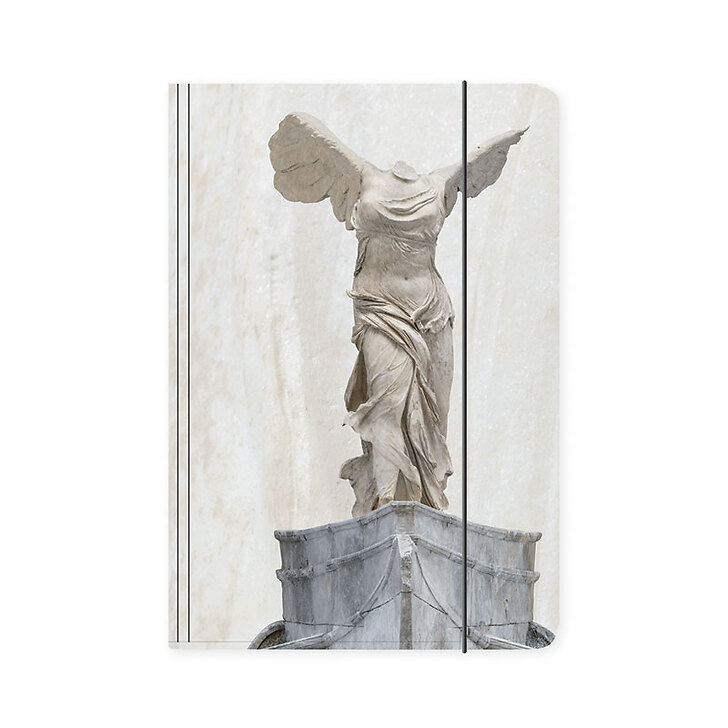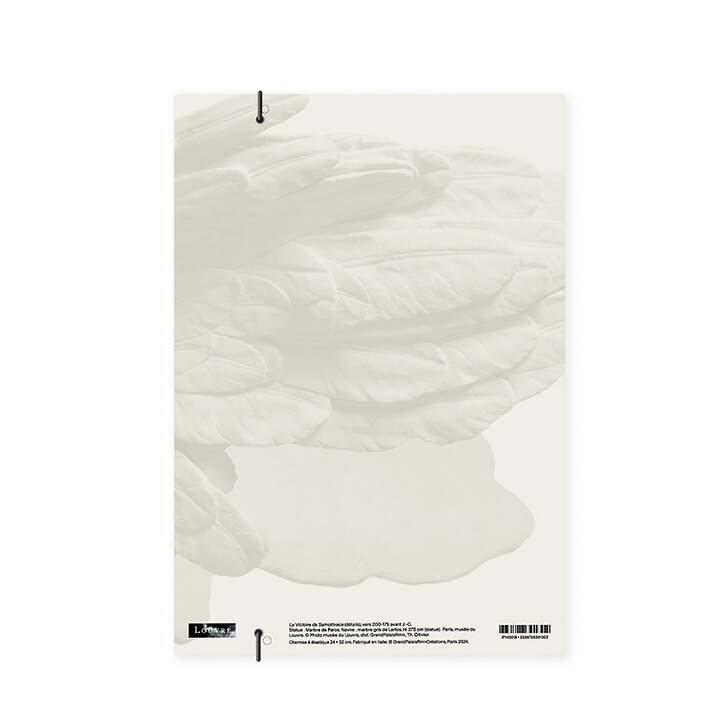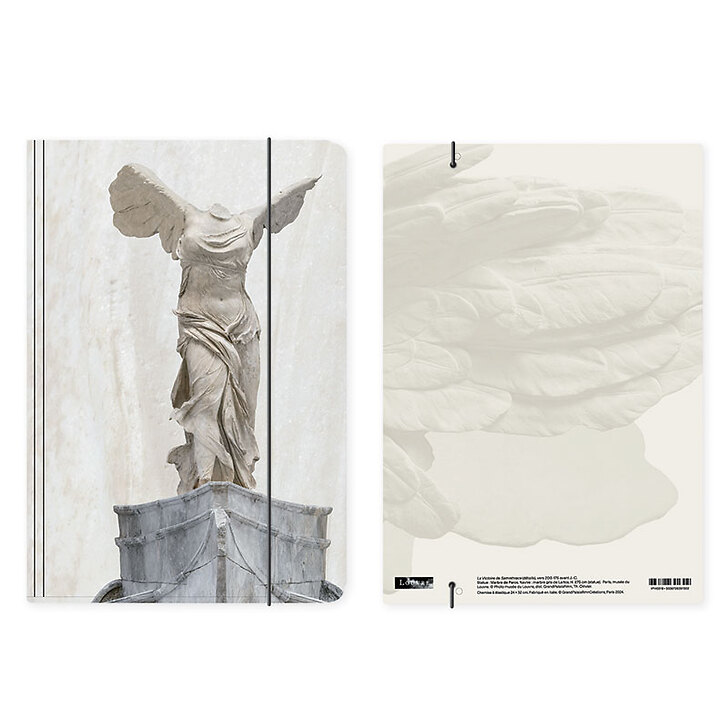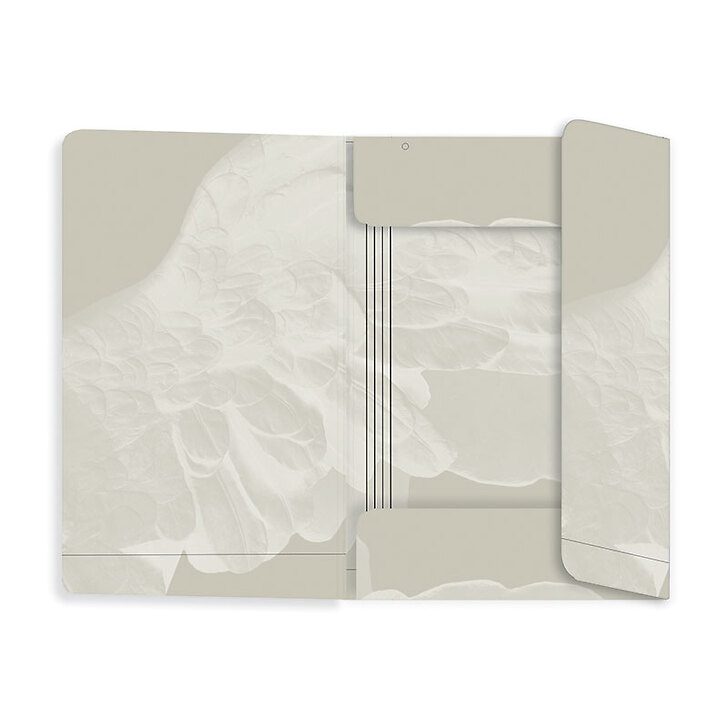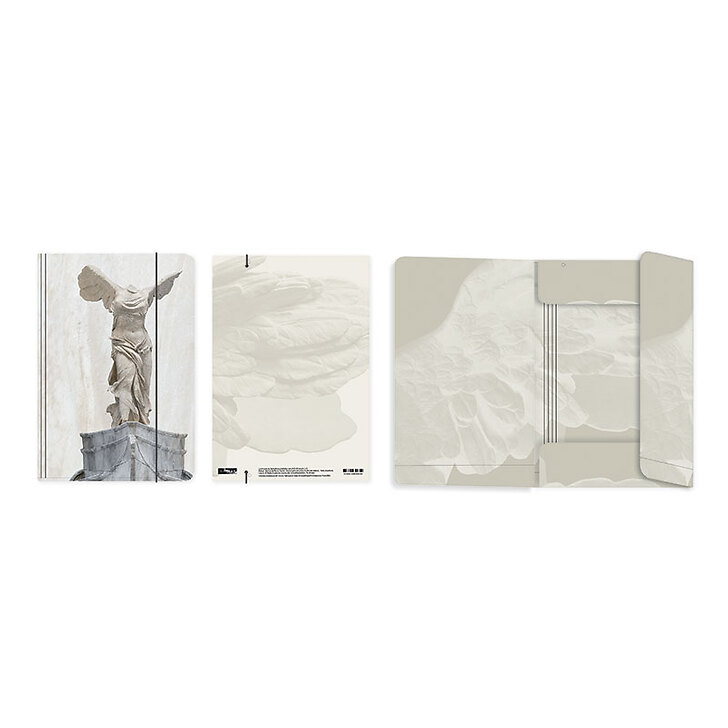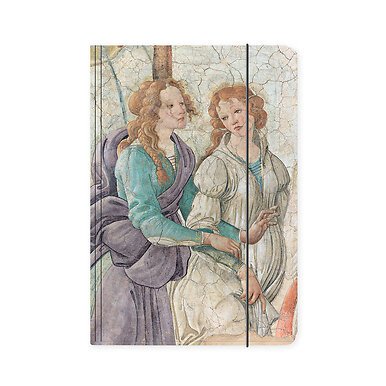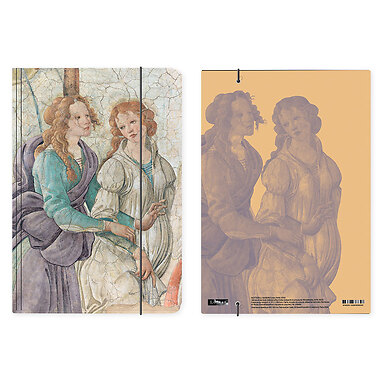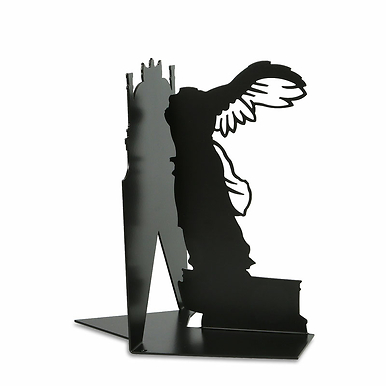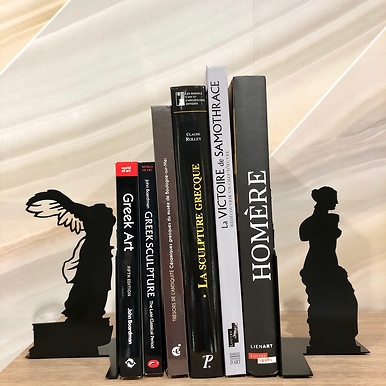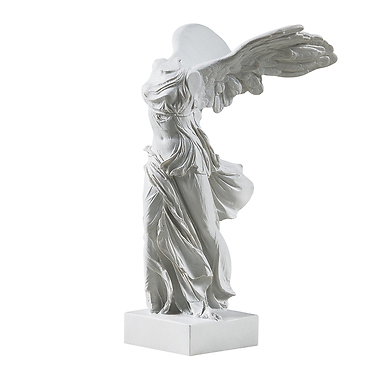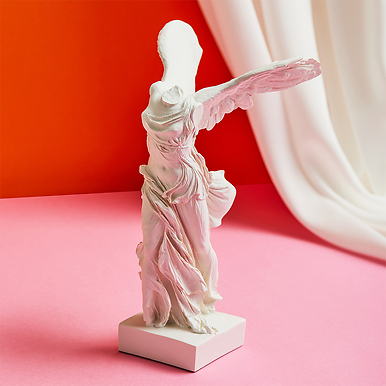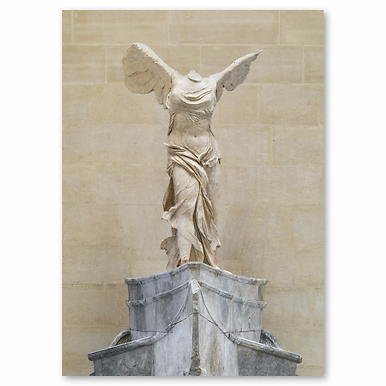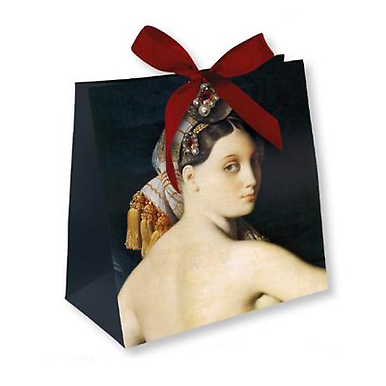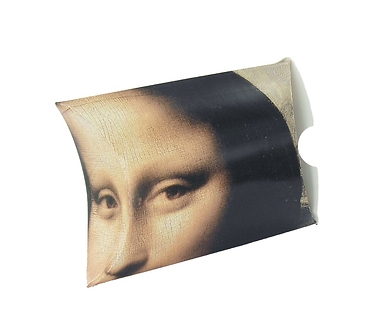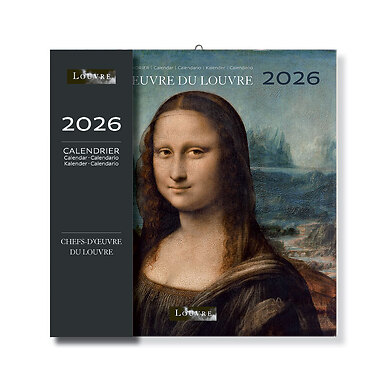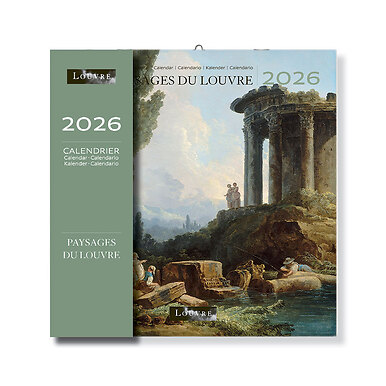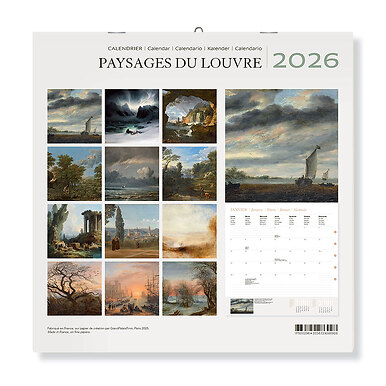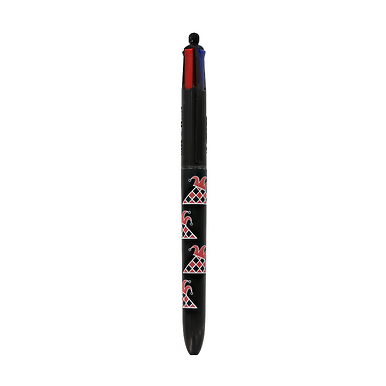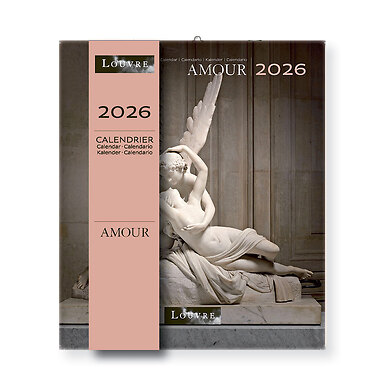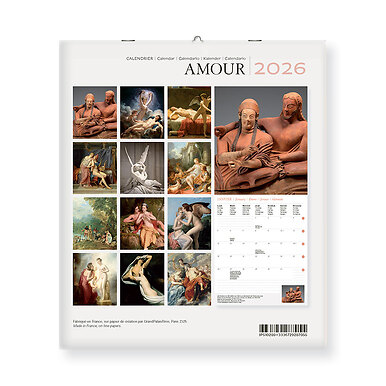Elastic folder The Winged Victory of Samothrace - A4
IP140018
The Winged Victory, Samothrace Island (Northern Aegean island), sanctuary of the Great Gods, ca. 190 BC
Paros marble. H.280 cm I Paris, musée du Louvre, Department of Greek, Etruscan and Roman Antiquities
© Photo musée du Louvre
Victory of Samothrace (details), ca. BC 200-175.
Marble of Paros (statue...
Read more
The Winged Victory, Samothrace Island (Northern Aegean island), sanctuary of the Great Gods, ca. 190 BC
Paros marble. H.280 cm I Paris, musée du Louvre, Department of Greek, Etruscan and Roman Antiquities
© Photo musée du Louvre
Victory of Samothrace (details), ca. BC 200-175.
Marble of Paros (statue), grey marble of Lartos (boat).
H. 275 cm (statue).
Paris, musée du Louvre. Département des Antiquités grecques, étrusques et romaines
© Photo musée du Louvre, dist. GrandPalaisRmn / Th. Ollivier.
Elastic folder 24x32 cm. Made in Italy
© GrandPalaisRmnCréations, Paris 2024
The winged goddess of Victory standing on the prow of a ship overlooked the Sanctuary of the Great Gods on the island of Samothrace. This monument was probably an ex-voto offered by the people of Rhodes in commemoration of a naval victory in the early second century BC. The theatrical stance, vigorous movement, and billowing drapery of this Hellenistic sculpture are combined with references to the Classical period-prefiguring the baroque aestheticism of the Pergamene sculptors.
Original work: C. 190 BC - Provenance: Island of Samothrace (northern Aegean)
Close
Sold by GrandPalaisRmn

